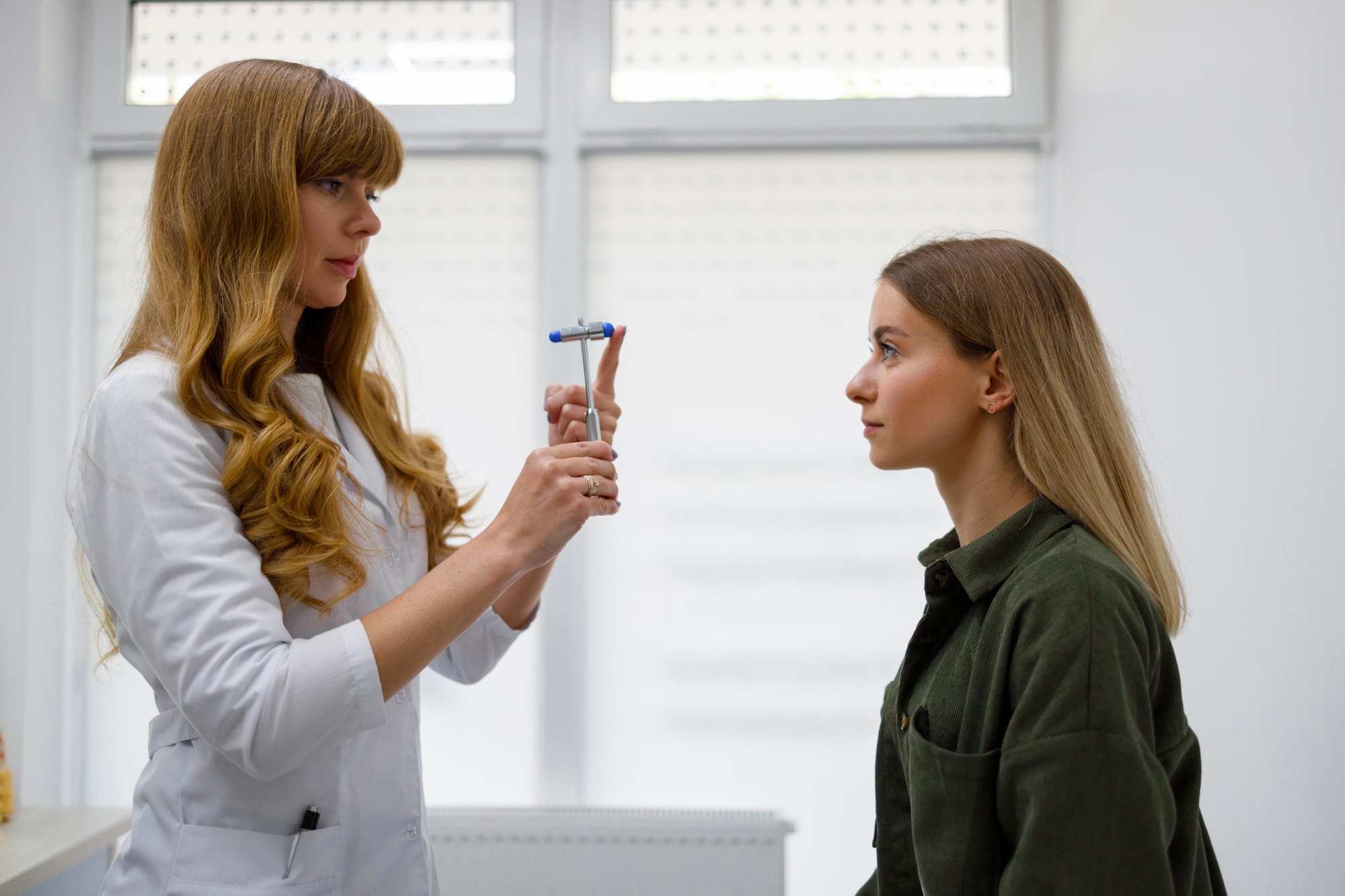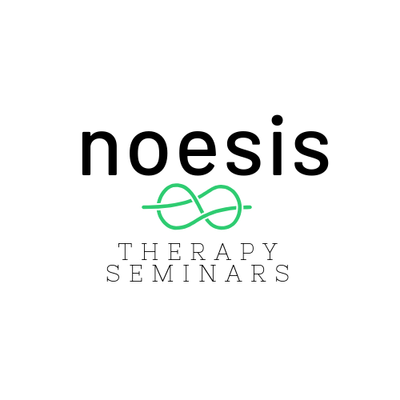The Role of Physical Therapy in Concussion Rehab

The Role of Physical Therapy in Concussion Rehab
A concussion is a type of mild traumatic brain injury that can occur as a result of a blow or jolt to the head. It is a common injury among athletes, particularly those involved in contact sports such as football, soccer, and basketball. While rest and cognitive rest are key components of concussion management, physical therapy also plays a crucial role in the rehabilitation process. Physical therapists are specialized healthcare professionals who help individuals recover from injuries and improve their physical function. In the case of concussion rehab, physical therapy focuses on addressing the physical, balance, and vestibular deficits that may result from the injury.
Here are five key ways in which physical therapy can help in concussion rehab:
- Evaluation and Assessment: Physical therapists are trained to evaluate and assess the various physical and neurological impairments that may be present as a result of a concussion. They conduct a comprehensive assessment to identify deficits in balance, coordination, proprioception, and vestibular function.
- Balance Training: Balance impairments are common following a concussion and can significantly affect an individual's ability to perform daily activities or participate in sports. Physical therapy can help in improving balance through specialized exercises and techniques. This may include standing on unstable surfaces, performing specific movements that challenge balance, and implementing progressive training programs.
- Vestibular Rehabilitation: The vestibular system in the inner ear is responsible for sensing motion, maintaining balance, and coordinating eye movements. Following a concussion, damage or dysfunction to the vestibular system can occur, leading to symptoms such as dizziness, vertigo, and problems with gaze stability. Physical therapists trained in vestibular rehabilitation can help in addressing these symptoms through exercises and techniques that promote adaptation, habituation, and compensation.
- Neck Rehabilitation: Whiplash-type injuries are often associated with concussions, and as a result, individuals may experience neck pain, stiffness, and reduced range of motion. Physical therapy can play a crucial role in rehabilitating the neck and upper cervical spine through manual therapy techniques, neck strengthening exercises, and postural retraining. This helps in reducing pain, restoring range of motion, and improving overall neck function.
- Graduated Return-to-Activity: Physical therapists work closely with individuals to assist in their safe return to physical activity and sports. They develop customized exercise programs that gradually expose individuals to increasing levels of exertion and stimulation while monitoring their symptoms. This allows individuals to safely build up their physical tolerance and confidently return to their previous level of activity.
Physical therapy is often an essential part of multidisciplinary concussion management teams. Physical therapists collaborate with other healthcare professionals, including physicians, neuropsychologists, and athletic trainers, to ensure a comprehensive approach to concussion rehab. Together, they address the various physical, cognitive, and psychological factors associated with concussion recovery.
It is important to note that physical therapy for concussion rehab is highly individualized. Each individual may present with different symptoms and deficits, requiring a customized treatment plan. Physical therapists use evidence-based practice guidelines and clinical expertise to tailor the rehabilitation program to the specific needs of the individual.
In addition to the specific interventions mentioned above, physical therapy may also involve education on concussion management, guidance on modifying physical activity to prevent symptom exacerbation, and counseling on lifestyle modifications that may facilitate recovery.
Overall, physical therapy plays a vital role in concussion rehab by addressing the physical impairments associated with the injury and promoting a safe return to activity. It helps individuals regain their physical function, improve balance and coordination, and reduce symptoms such as dizziness and neck pain. By working closely with a physical therapist, individuals can optimize their recovery and successfully return to their pre-injury level of functioning.
